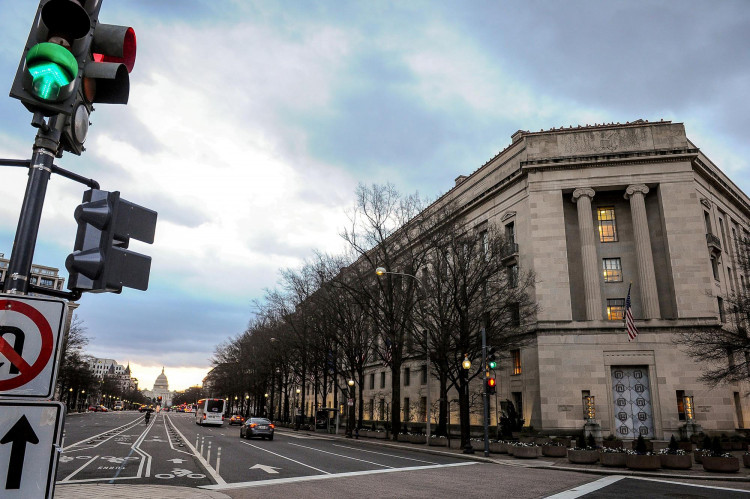Four Chinese nationals have been charged with visa fraud by the United States government for allegedly lying about their membership in China's military. Three are under arrest while the Federal Bureau of Investigation is seeking to apprehend a fourth, who is reportedly in China's San Francisco embassy.
In what experts describe as a major clampdown on alleged Chinese theft of US intellectual property since the two nuclear-armed countries started the process that led to the establishment of diplomatic ties in 1979, authorities have interviewed visa holders in over 25 U.S. cities who are suspected of concealing their ties to the Chinese armed forces.
The action is likely to escalate frictions between the two biggest economies in the world after the U.S. government ordered China to shut down its embassy in Houston, Texas. According to a Justice Department official, the members of the Chinese Peoples Liberation Army applied for research visas while hiding their true affiliation with the PLA.
"This is another part of China's Communist Party's plan to take advantage of our open society and exploit academic institutions," Assistant Attorney General John Demers was quoted in a statement as saying in Reuters report.
The arrests come after the U.S. government announced a Chinese scientist had taken refuge in the San Francisco consular office and a day after U.S. authorities ordered the closure of China's consulate in Houston, claiming the mission was involved in stealing American intellectual property. Washington gave China 72 hours to shut down the embassy in what it said was to protect American intellectual property and Americans' private information.
The four individuals charged with visa fraud are Song Chen, Wang Xin, Tang Juan, and Zhao Kaikai. Tang is believed to be in the San Francisco embassy.
Wang Xin was apprehended on 7 June after interrogations by Customs and Border Protection agents at Los Angeles International Airport. Wang said that he remains a member of the PLA, and works at a military university laboratory, the Justice department release disclosed. Meanwhile, Song and Zhao were both arrested on July 18.
Prior to the announcement of the arrests on Thursday, China's foreign ministry spokesperson Wang Wenbin described the American allegations as "malicious slander" and stated that China must initiate a necessary response and protect its legitimate rights.
United States President Donald Trump has repeatedly disputed with China in recent months, over the coronavirus pandemic, global trade, 5G network, and the new security legislation in Hong Kong.





